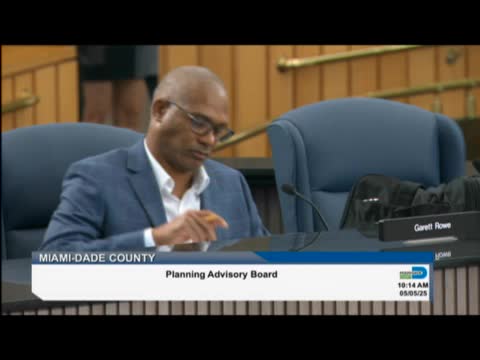Article not found
This article is no longer available. But don't worry—we've gathered other articles that discuss the same topic.
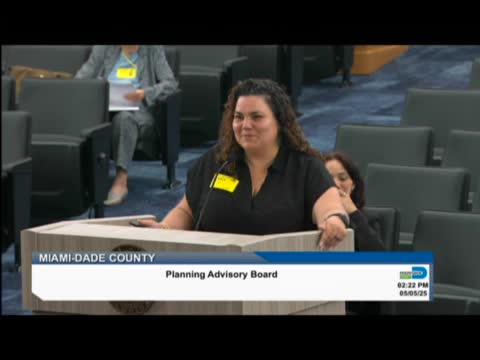
Planning advisory board finds Golds Community Redevelopment Plan consistent with CDMP; plan outlines early TIF investments
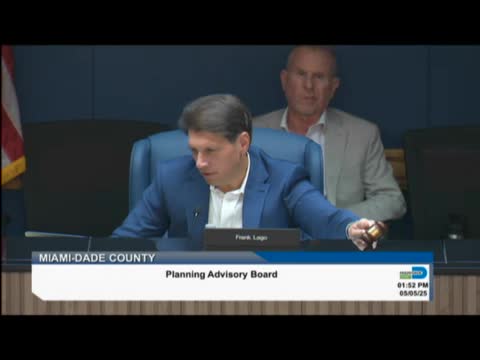
PAB recommends small Bluenest townhome site redesignation with DI‑1; applicant commits to workforce units
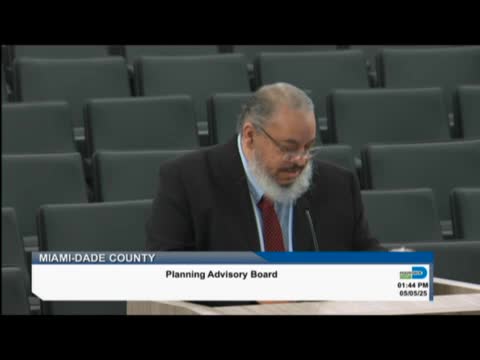
PAB recommends Bluenest 41‑acre redesignation with design overlay, applicant proffers workforce housing
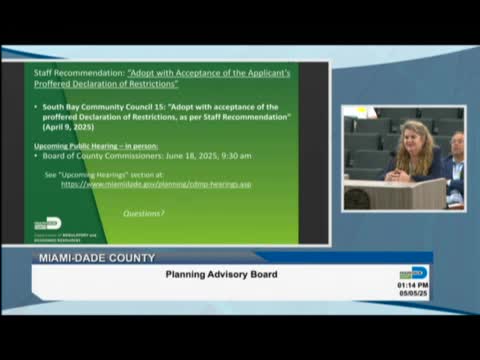
PAB backs Lennar land‑use change for southwest Homestead site; applicant’s proffer limits units to 320
